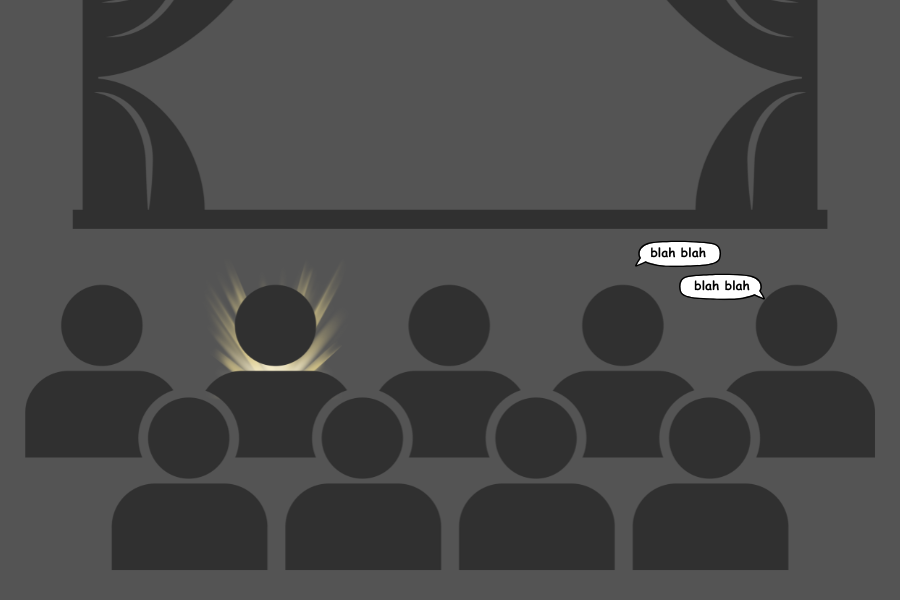The rise of binge-worthy television and the death of long-form seasons is decreasing the value of television. Out the door is slow-burn romance, effective cliffhangers and well-paced stories, all being replaced with shorter, faster and lower-quality forms of entertainment.
My critique is not toward mini-series, where the objective is to only release a small number of episodes once, but toward television shows with multiple seasons that pride themselves on being binge-worthy. These shows have six episodes per season that tend to be 45 minutes in length and the seasons are significantly shorter in comparison to their predecessors which featured 15-episode seasons that averaged 25 minutes.
Recently, I began watching the 2004 comedy-drama “Desperate Housewives” which made me think about my pattern of consistently choosing older shows over highly recommended Netflix originals. It is not a draw toward nostalgia or my choice to be pretentious, but my growing opinion that bingeable six-episode shows are just not as enjoyable as long-form TV.
The pacing in the writing of a show like “Desperate Housewives” is strong, which, in my opinion, a show like “Stranger Things” lacks. Series like “Stranger Things” are not incapable of setting up slow-burn drama or tense scenes, but shows that follow this formula have a worse execution at driving the plot due to how fast the pacing has to be for the season to be as short as it is.
The death of TV comes when writers no longer have room to make slow and deliberate decisions and are instead forced to find ways to make a once successful and popular piece of media worth watching again. The impending doom of the TV industry was noticeable after finishing some of the most modern popular shows, and realizing how much better most of them would have been if the pacing of the show had slowed down.
Shows like “Stranger Things” more often than not jump the shark quicker than longer-form shows do. The long-form shows can usually run for a few seasons before the writers desperately look for new ways to further the storyline. For me, “Stranger Things” stopped being enjoyable around season three, whereas shows similar to “Desperate Housewives” and “Gilmore Girls” lost enjoyability around the end of its run at season six.
Long-form TV leaves room to digest every twist and turn in the plot. It allows viewers to be on the edge of their seats and remain entertained the entire time, rather than forcing them to pay attention to every single plot point in one far-too-long episode.
I would rather watch a plot build up over an entire season than watch all of the most intriguing twists of a season take place in one episode. Television should revert to its original form to allow viewers to engross themselves in multiple seasons instead of producing episodes so dense with information, they are difficult to consume.















